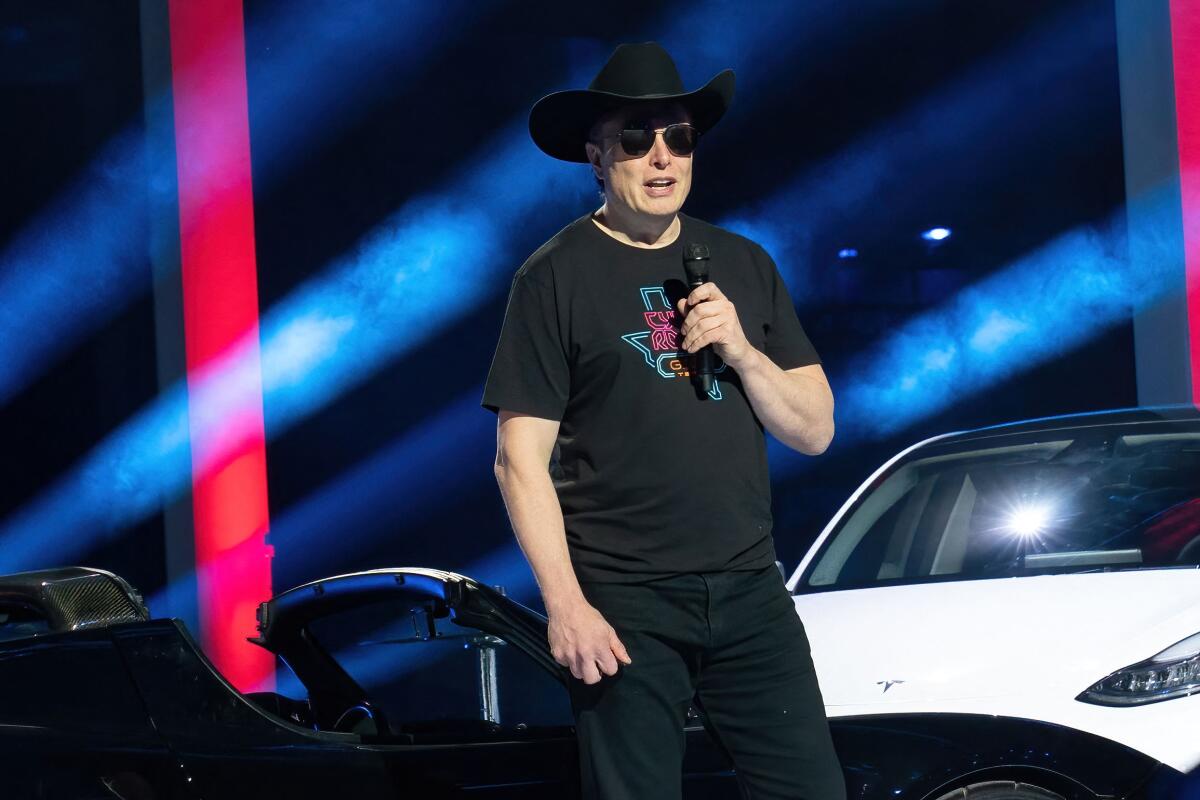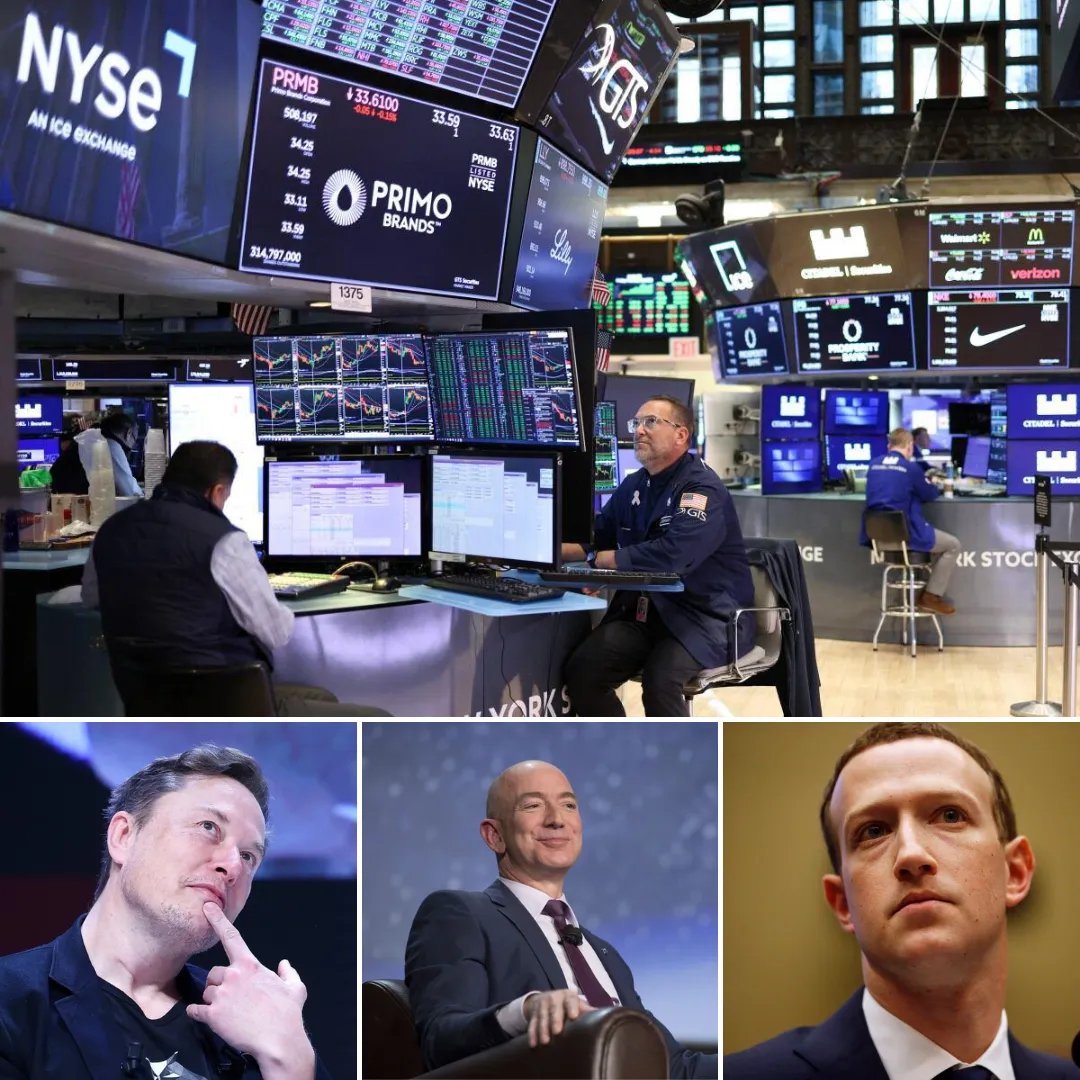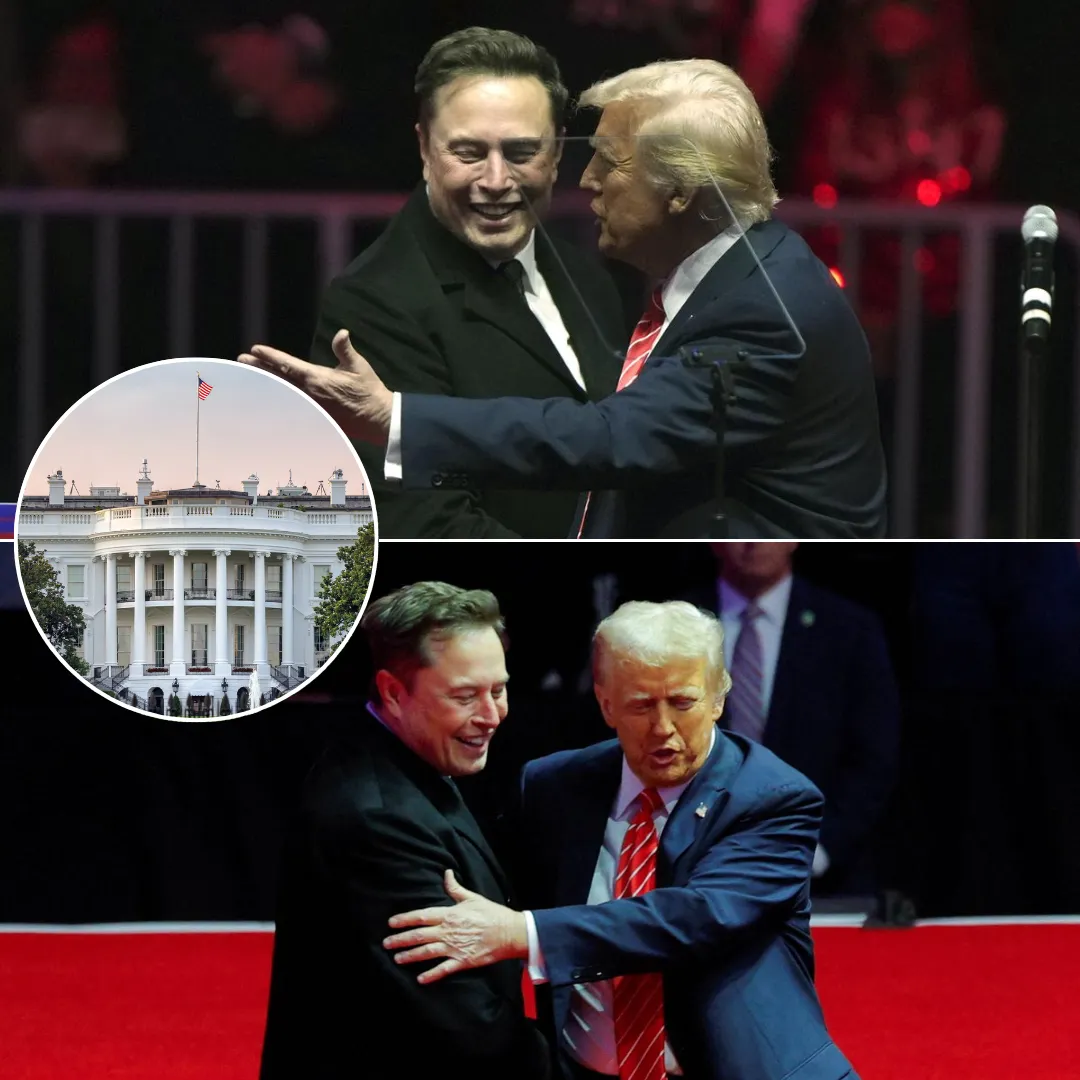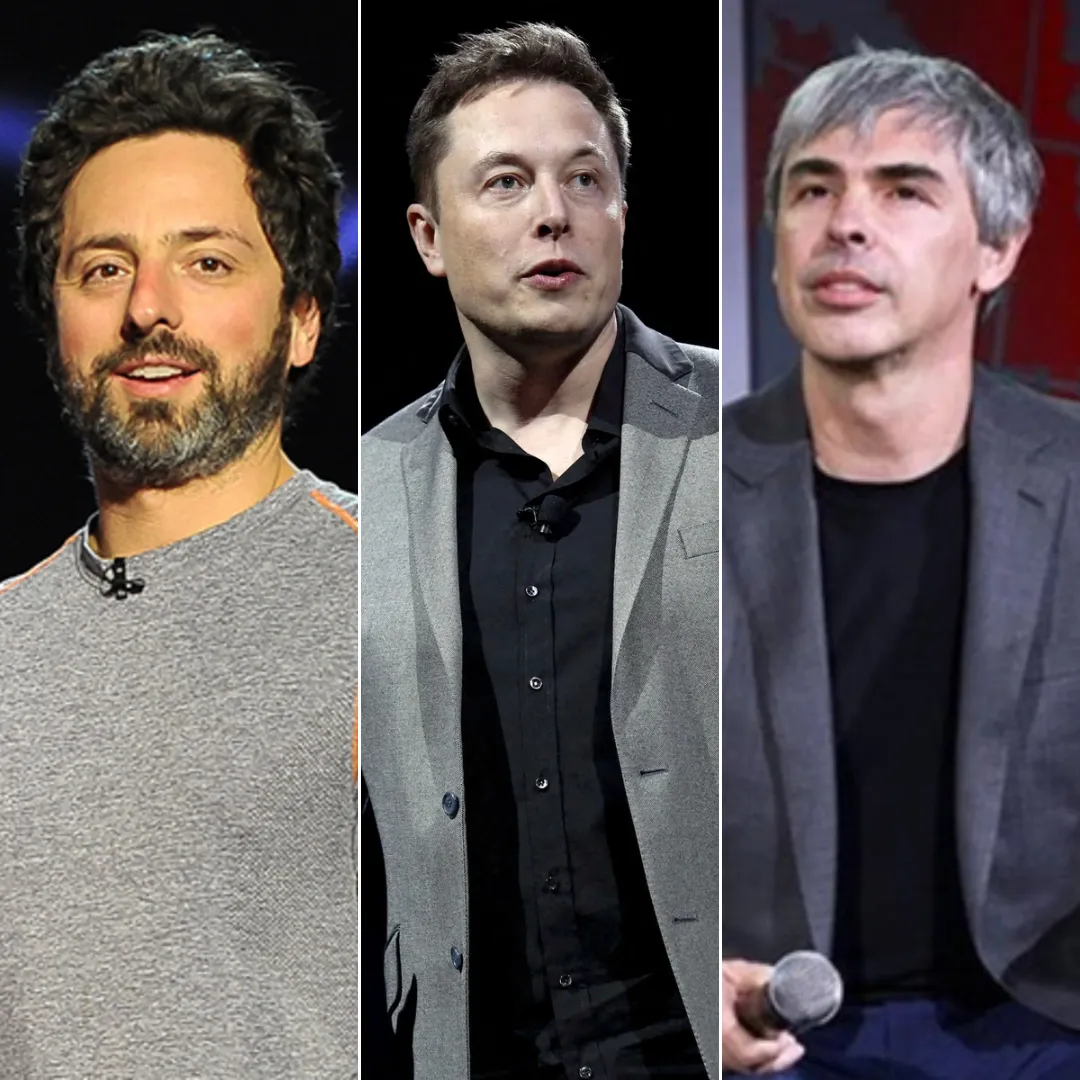
Elon Musk erupted in anger this week after a Delaware judge invalidated his colossal $56 billion Tesla compensation package, branding her “the activist cosplaying a judge in a Halloween costume” during a combative appearance at Bloomberg’s Qatar Economic Forum. The billionaire CEO’s unusually blunt and dismissive remarks revealed his deep frustration not only with the legal setback but also with what he perceives as hostile interference by activist forces within corporate governance.
His vitriol was directed at Chancellor Kathaleen McCormick, the Delaware judge who has twice struck down Musk’s record-breaking pay deal, igniting a fresh controversy around executive compensation, control battles, and the future leadership of Tesla.
Musk’s $56 billion pay package, widely regarded as one of the largest in corporate history, was approved by Tesla’s board in 2018 as a performance-based incentive intended to reward him for ambitious growth targets. However, McCormick’s rulings rejected the package, citing concerns about excessive pay and insufficient shareholder protections.
These judicial decisions have created legal hurdles for Musk, undermining his compensation and stirring uncertainty about the board’s support for his continued leadership.

Against this backdrop, reports emerged that Tesla’s board of directors had begun quietly searching for a successor CEO—a claim swiftly denied by board chair Robyn Denholm but one that nonetheless intensified the drama.
In his Bloomberg interview, Musk left little doubt about his resolve to retain control of Tesla and secure compensation that he believes matches his contributions. When Bloomberg anchor Joumanna Bercetche referenced the Wall Street Journal’s report about the board’s CEO search and questioned Musk’s confidence in remaining at Tesla’s helm in the coming years, Musk was emphatic.
“Short of my untimely death, I will continue to run Tesla and be paid accordingly,” he declared. “The compensation should match that something incredible was done.”
When Bercetche sought clarification about which judge Musk was referring to, the billionaire abruptly cut her off, wagging his finger at the camera as he said, “Not a judge, not a judge. The activist cosplaying a judge in a Halloween costume.” The remark, laced with sarcasm and contempt, underlined Musk’s view that McCormick’s rulings were driven by activist interference rather than legal principle.
Though Musk did not elaborate on his use of “activist,” the implication was clear: anyone critical of him or opposing his agenda is painted as an adversary, part of an activist cabal threatening his control.

Musk’s dismissal of the judge drew laughter from the audience but spotlighted the bitter tensions simmering beneath Tesla’s corporate facade. The CEO’s antagonism toward “activists” — those he sees as attempting to influence company policy or leadership for political or ideological reasons — emerged as a recurring theme throughout the discussion.
He stressed that what matters most to him is not the size of his pay package but “sufficient voting control such that I cannot be ousted by activist investors.” This sentiment reflected Musk’s longstanding obsession with maintaining firm control over Tesla’s strategic direction, especially as the company ventures into cutting-edge technologies like humanoid robots, which he suggested could number in the millions or billions.
Musk continued to distance himself from the idea that his compensation was a “money thing,” framing it instead as a question of “reasonable control” over Tesla’s future. He emphasized the importance of insulating himself from activist shareholders who might try to remove him for political reasons, which he labeled “unacceptable.”
The CEO revealed that his proposed compensation plan was under review by an internal two-person committee including the board chair, indicating ongoing internal negotiations. Yet his repeated references to “activists” and the need for protection against them suggested deep mistrust and a readiness to fight for his position with considerable vehemence.

The underlying tensions surrounding Musk’s pay package and control at Tesla are emblematic of broader struggles in the corporate world between visionary founders and governance structures seeking to impose checks and balances. Musk, whose ambitious projects have revolutionized electric vehicles and space exploration, argues that his outsized compensation is justified by extraordinary results.
Critics contend that the package is excessive and symbolic of unchecked CEO power that undermines shareholder interests. The Delaware court rulings have reinforced this critique, raising questions about how far companies should go in rewarding founders and executives.
Tesla’s board dynamics remain complex. Chair Robyn Denholm’s denial of the WSJ’s CEO search report signals a desire to project stability and confidence in Musk’s leadership, even as internal and external pressures mount.
The involvement of a small review committee in examining Musk’s pay indicates a cautious, possibly divided board navigating between supporting their iconic CEO and addressing legal and investor concerns. Musk’s confrontational rhetoric may be an attempt to assert dominance and discourage any moves toward his removal or pay reduction.
Financial analysts view Musk’s approach as high risk. His characterization of a sitting judge as a mere “activist” undermines the judiciary’s authority and could inflame tensions with regulators and shareholders alike. Investors often seek predictability and stability, and public clashes of this nature can unsettle markets.
On the other hand, Musk’s massive following and track record of innovation provide him significant leverage, enabling him to push back aggressively against opposition and shape Tesla’s narrative.
In summary, Elon Musk’s blistering attack on Delaware Chancellor Kathaleen McCormick for invalidating his $56 billion pay package reveals much about the high-stakes battle for control at Tesla. By dismissing the judge as an “activist cosplaying a judge in a Halloween costume,” Musk signals his willingness to confront legal and governance challenges head-on to protect his compensation and leadership.
His insistence on “reasonable control” free from activist interference underscores the precarious balance Tesla’s board must maintain as it navigates unprecedented growth ambitions and governance scrutiny. As Tesla continues to push the boundaries of technology and scale, this clash between a visionary CEO and institutional checks will remain a defining saga for investors and the broader corporate world.




